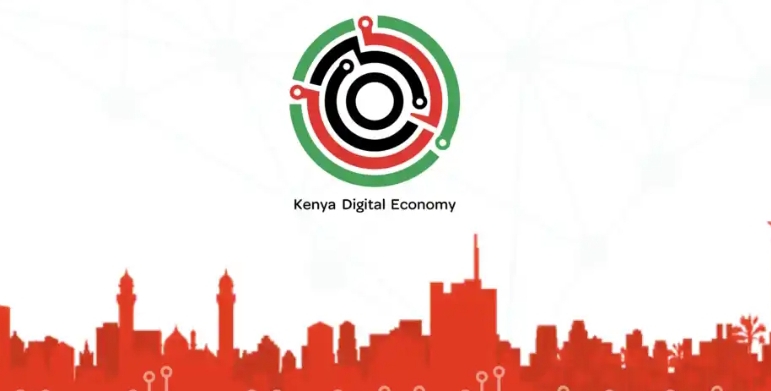Kenya’s Digital Economy Acceleration Initiative has received clearance from the Board of Directors of the World Bank Group for a first-phase funding of $390 million.
This project will concentrate on increasing access to high-speed internet, enhancing the quality of education and certain governmental services, and developing skills for the regional digital economy.
It will employ a Multi-phase Programmatic Approach (MPA) in two phases, the first of which will run from 2023 to 2028 and the second of which will run from 2026 to 2030.
The goal of the Kenya Digital Economy Acceleration Project is to eliminate digital inequalities in terms of access to broadband internet, digital public services, and the skills that are necessary for individuals and businesses to thrive in a society and economy that are becoming increasingly digitised.
Its goal is to make Kenya’s economic expansion more equal by reducing existing gaps in digital skills and connectivity and by growing Kenya’s presence in the digital marketplace.
The Country Director for Kenya, Rwanda, Somalia, and Uganda at the World Bank, Keith Hansen, is of the opinion that increasing access to digital technology and services is a cross-cutting way to speed up economic growth and job creation, improve service delivery, and strengthen resilience.
The goal of the effort is to improve last-mile connectivity by expanding the reach of broadband network coverage to more than 70 percent of Kenya’s population, the majority of whom live in rural and underserved areas. The digitization of 80 percent of Kenya’s governmental services is one of the primary goals of Kenya’s “digital agenda,” which intends to turn the country into a regional hub for information and communications technology (ICT).
Read also: Airtel In Talks With Kenyan President On Digital Transformation
Factors that Influence Kenya’s Digital Economy
Through the expansion of Kenya’s fibre backbone and last-mile connectivity to government and educational institutions, as well as along Kenya’s borders with neighbouring countries, this project will increase access to high-speed internet, which will be beneficial to the digital market in the region as a whole.
In addition to this, it will strengthen digital skills in order to encourage the adoption of digital services and the growth of a workforce that is competitive for the digital economy. Additionally, the project intends to improve Kenya’s capacity to achieve regional digital integration, which will have a favourable impact on the nations who are involved.
Increased access to connectivity will lessen the need for people to travel in order to obtain information and services, hence minimising the footprint left by carbon emissions and facilitating service delivery during times of emergency that need remote operations.
In addition to this, the project will attract the participation of the private sector in the development of broadband infrastructure, which will result in the mobilisation of an estimated one hundred million dollars in private money.
Opportunity for Kenya’s Digital Economy
According to the Accenture Africa iGDP Forecast, Kenya’s economy will likely see an increase of KSh 1.4 Trillion, which is equivalent to 9.24% of GDP, as a result of the digital economy by the year 2025.
It is one of the industries that is expanding at the quickest rate in the country. According to the report’s projections, the internet sector will make a contribution of 810 billion shillings to Kenya’s GDP in 2018.
The number of professional software developers in Kenya is around 58,000, making it the fourth largest group in all of Africa. South Africa, Nigeria, and Egypt all have larger populations of software developers. The developers, through the novel approaches that they have developed, make major contributions to the economy of the internet.
The contribution of the digital economy to the GDP of Kenya is the highest among other African countries at 7.7%, followed by Morocco and South Africa with 6.82% and 6.51% respectively. Kenya is in the lead.
